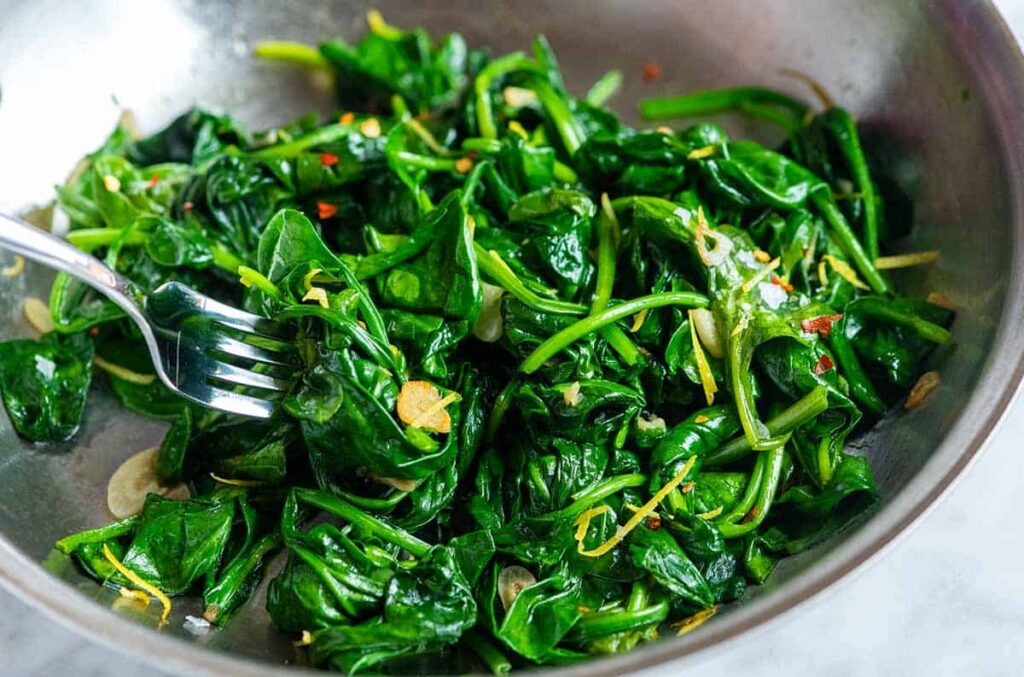
Hot meals are most delicious when served fresh. The aroma, the sizzle, and the warmth make freshly cooked food truly satisfying. But leftovers are a reality, and reheating them seems like a convenient option. However, not all foods respond well to reheating — some can lose their nutritional value or even become harmful.
Here are four common foods you should think twice about before reheating:
1. Spinach
Spinach is rich in nutrients, but it also contains natural nitrates. When reheated, these nitrates can convert into nitrites, and potentially form nitrosamines — compounds that have been linked to cancer. Although the levels are usually low, it’s still a concern.
Reheating also reduces water-soluble vitamins like Vitamin C and B-complex. For maximum benefits, eat spinach fresh.
2. Boiled Eggs
Reheating boiled eggs can cause the yolk to release hydrogen sulfide — a gas that smells unpleasant and may cause digestive discomfort. It also affects texture, making eggs rubbery. If you must reheat, do it gently and briefly.
3. Mushrooms
Mushrooms are protein-rich but delicate. Reheating can degrade their proteins, affecting taste and potentially causing stomach cramps. Improper storage can also lead to bacterial growth. Always store mushrooms correctly and reheat lightly if needed.
4. Tea
Reheated tea loses many of its health benefits. The process breaks down antioxidants and polyphenols, making tea more acidic and bitter. In some cases, it may even create harmful compounds. For the best experience, brew tea fresh each time.
While reheating leftovers is often convenient, some foods are best enjoyed fresh to preserve their flavor, nutrition, and safety